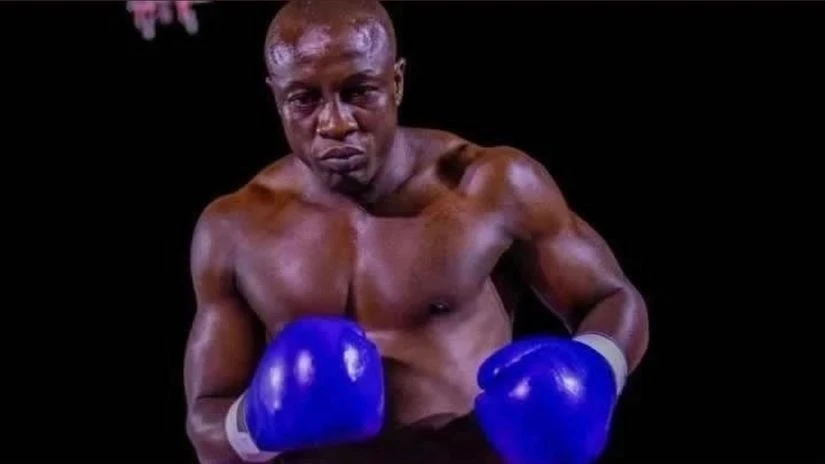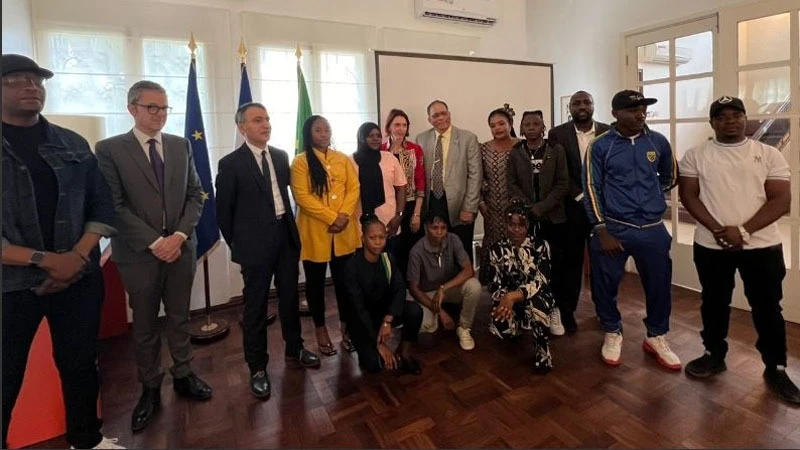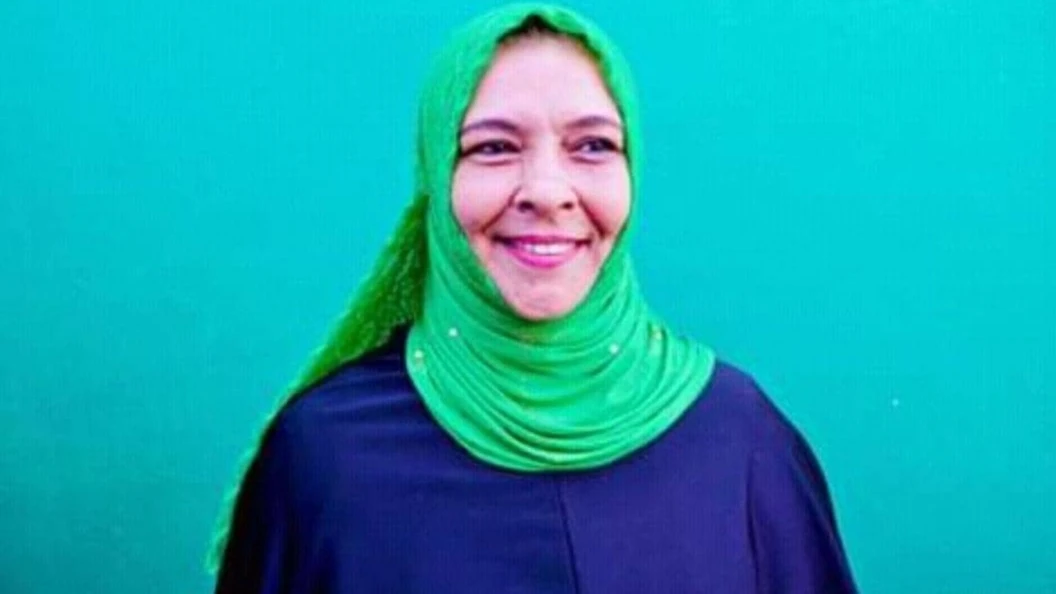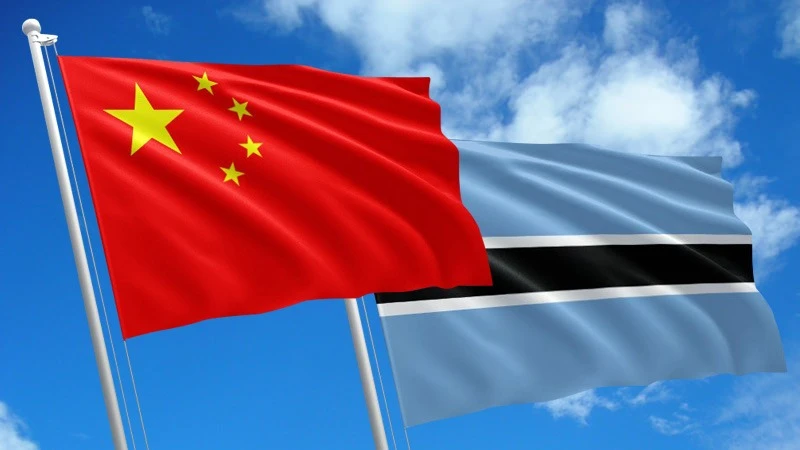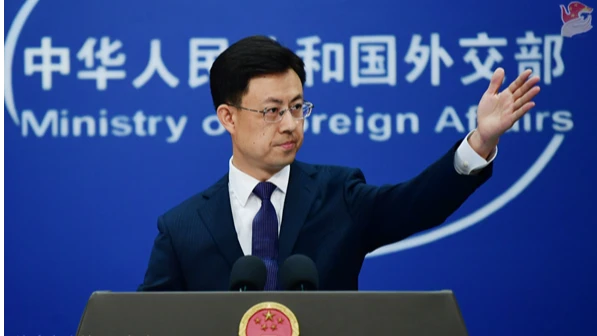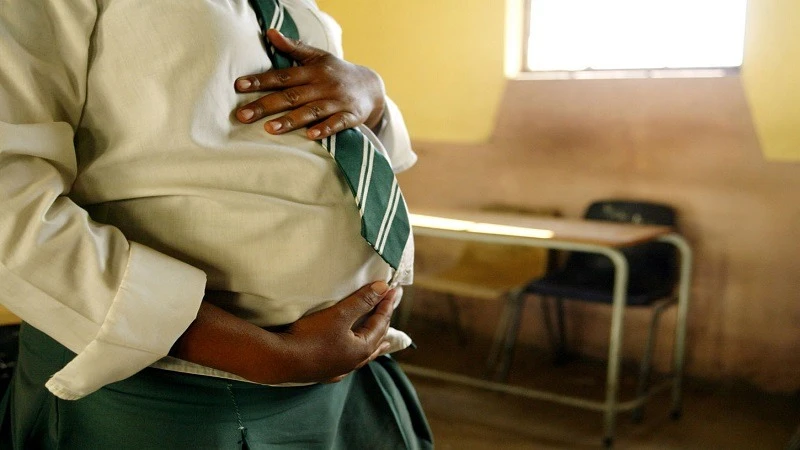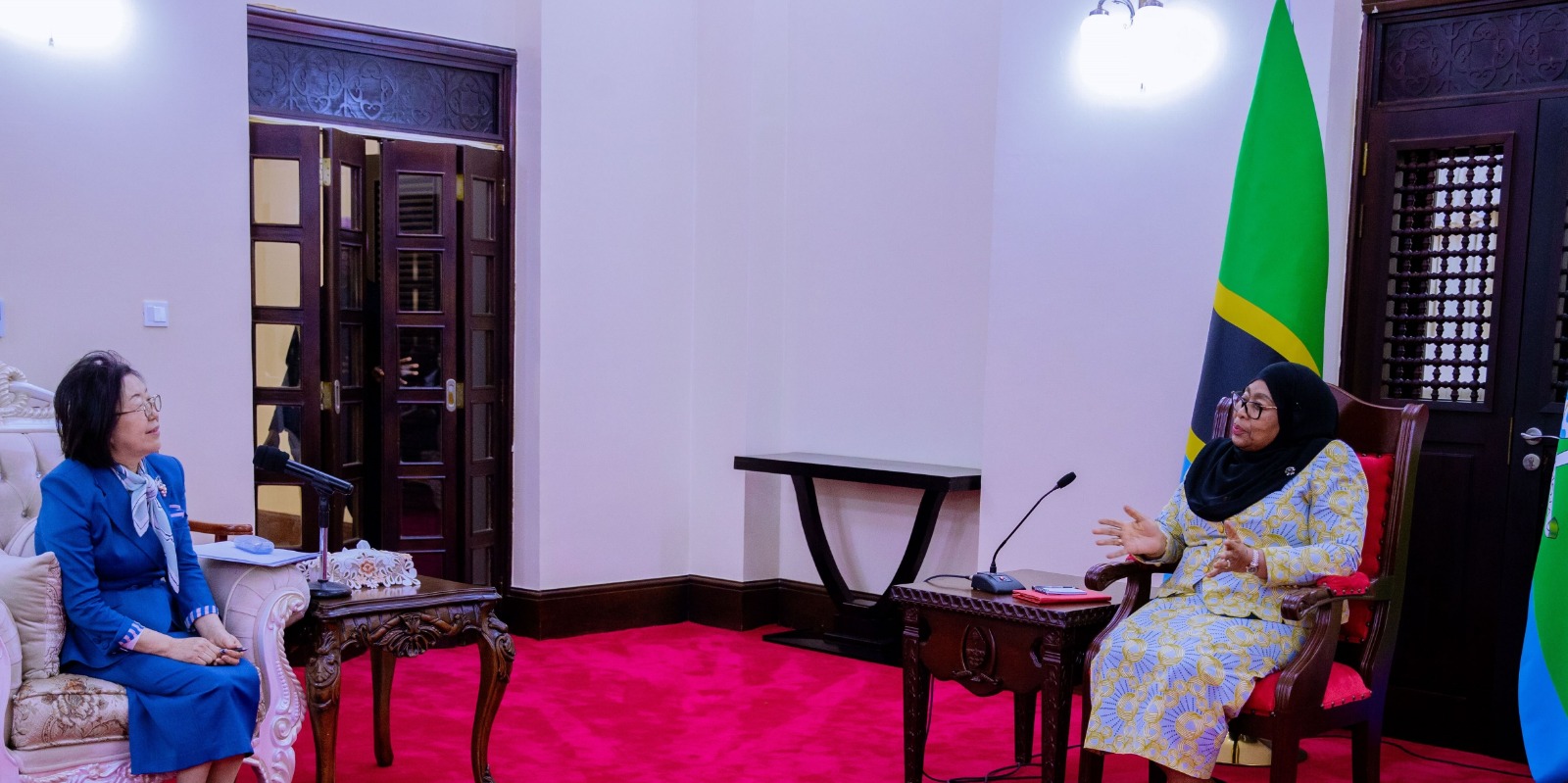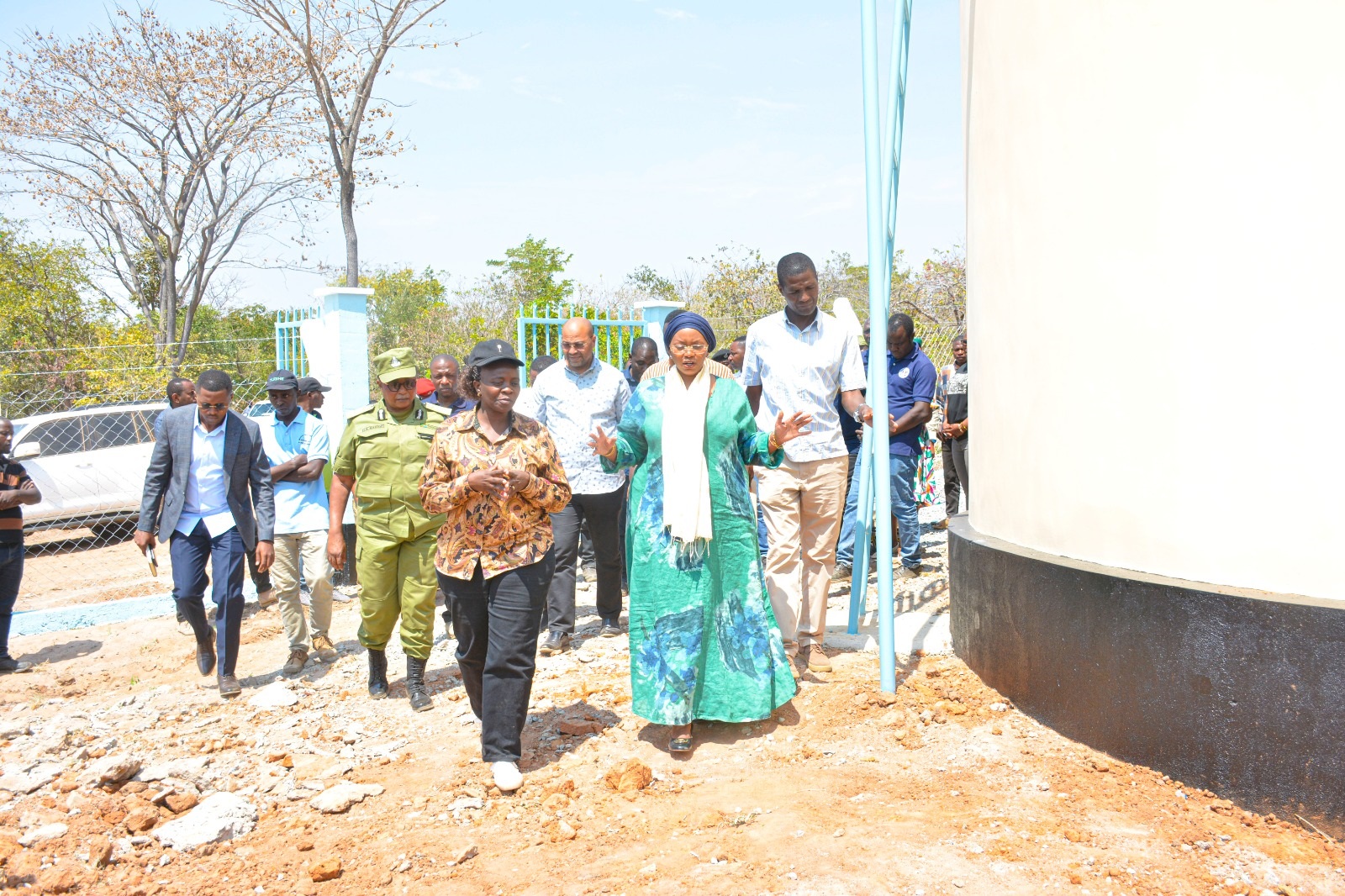Swelling number of coaching casualties in Premier League
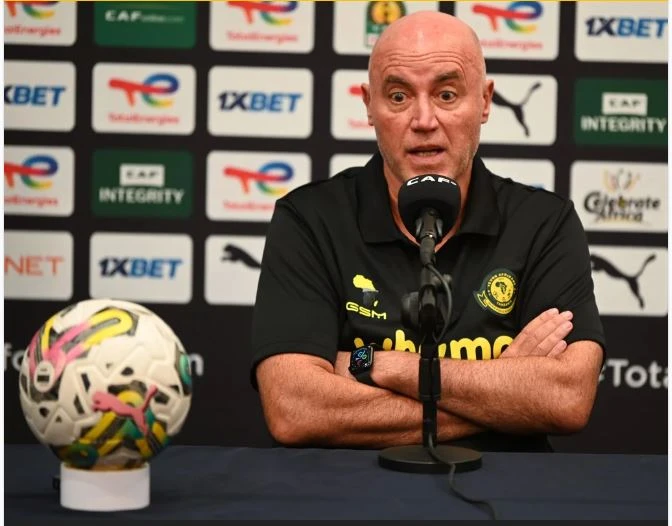
AS the Mainland Premier League enters its homestretch, a staggering turnover in coaching staff has left only three coaches standing from the start of the 2024/25 season.
Mecky Mexime (Dodoma Jiji), Fadlu Davids (Simba), and Hamad Ally (JKT Tanzania) are the only survivors in a league that has witnessed an unprecedented number of coaching changes.
The sheer volume of coaching changes paints a vivid picture of a league where patience is a rare commodity, and the pressure to deliver immediate results is immense.
Young Africans, Kagera Sugar, and KenGold stand as prime examples, each now navigating their campaigns with their third different coach of the season.
The fall of Miguel Gamondi (pictured) at Young Africans, the reigning champions, sent shockwaves through the league. Despite guiding the team to a third consecutive title, back-to-back defeats against Azam and Tabora United in November triggered his swift dismissal.
His successor, Sead Ramovic, enjoyed a flawless league record, yet his tenure was abruptly cut short after just 81 days when he resigned to join CR Belouizdad.
The subsequent arrival of Miloud Hamdi, poached from Singida Black Stars, further underscored the league's frantic coaching merry-go-round.
Hamdi's brief stint at Singida Black Stars, where he replaced Patrick Aussems, was devoid of league action due to a pre-CHAN 2024 postponement, adding a layer of surrealism to his sudden move.
Kagera Sugar's season has been a masterclass in technical bench instability. Paul Nkata's reign ended after a mere seven games, his dismissal triggered by a dismal start.
Melis Medo's arrival in October failed to arrest the team's slide, culminating in his departure following a 2-0 defeat to JKT Tanzania in February. The club has now entrusted its survival hopes to former player Themi Felix Buhija.
For KenGold, their debut top-flight season has been a brutal initiation. Fikiri Elias was the first to fall, parting ways after just five matches. The return of Charles Juma, who guided the club to promotion, proved equally futile.
Omary Kapilima's brief tenure did little to stem the tide, and now Vladislav Heric, awaiting work permit approval, is tasked with the unenviable mission of preventing immediate relegation.
Fountain Gate's early promise under Mohamed Muya quickly unravelled. Despite a scintillating attacking trio of Mwalimu Selemani, Salim Kihimbwa and Edgar William, defensive vulnerabilities proved fatal, leading to Muya's dismissal in December.
His replacement, the experienced Kenyan coach Robert Matano, faces the challenge of restoring the club’s early season form.
Tabora United's journey has seen a shift in fortunes. Francis Kimanzi's tenure, marked by inconsistency, gave way to Congolese coach Anicet Makiadi, who has since steered the team to a commendable fifth position.
Tanzania Prisons, entrenched in the relegation zone, replaced Mbwana Makata with Josiah Amani after a dire first half of the season. Pamba Jiji, also battling for survival, brought in Felix Minziro to replace Goran Kopunovic in October.
The latest casualty, Mohamed ‘Baresi’ Abdallah, dismissed from Mashujaa, marked the end of his reign as the league's longest-serving coach, a testament to the unforgiving nature of the competition.
The coaching upheaval extends beyond these high-profile cases. Azam (Rachid Taoussi replacing Youssouph Dabo), Coastal Union (Juma Mwambusi replacing David Ouma), and Namungo (Juma Mgunda replacing Mwinyi Zahera) have also witnessed coaching changes, highlighting the pervasive instability gripping the league.
This unprecedented turnover raises questions about the long-term strategies of clubs and the pressures faced by coaches.
The relentless pursuit of immediate success often overshadows the importance of building sustainable foundations, leading to a cycle of constant change.
As the season nears its conclusion, the surviving coaches face the daunting task of navigating their teams through the final hurdles.
Top Headlines
© 2025 IPPMEDIA.COM. ALL RIGHTS RESERVED



